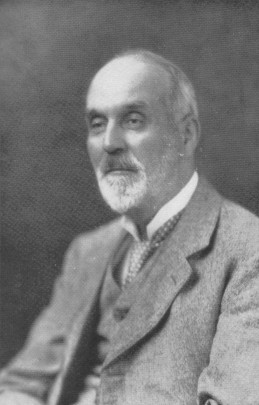I have been using your puzzles for a long time on my classrooms… Honestly, they are the best mathematics learning I have found to date- all the students have an entry point, and everyone is successful and challenged…
I’m wondering how you come up with questions that challenge all learners. If I wanted to change the curricular or textbook questions to make them better, or create problems for them to wrestle with, how would I start? Is there something that you recommend I do other than play your puzzles to improve math learning in school?
Hi Heather,
Thanks for the questions- it’s made me think 😉
“I’m wondering how you come up with questions that challenge all learners.”
Developing puzzles that engage a broad spectrum of student ability should be the number one criteria for a person developing curricular content for a mathematics classroom.
The most important pre-requisite to be a puzzle creator is a deep love of mathematics (not necessarily a deep love of children 😉 Puzzle design is an art. When someone falls in love with mathematics they can paint a richer canvass. Of the five greatest puzzle masters that I can think of – only Erich Friedman is actually a practicing mathematician, so it is LOVE of mathematics not actual mathematical ability that seems to be the decisive.
The love of mathematics provides the technical proficiency to execute ideas, but the great master must also be creative. Henry Dudeney (1857-1930) pictured above was a prolific puzzle designer because he was so creative.
Lastly, the great puzzle master must know their audience. For those targeting the classroom, they must either play-test their designs or be able to accurately predict how their puzzles will be appreciated by top and bottom students.
“If I wanted to change the curricular or textbook questions to make them better, or create problems for them to wrestle with, how would I start?”
This is like asking an artist how to paint or a composer how to write a symphony. It is a totally different skill-set from teaching. I’m not a fantastic teacher, but I believe that together, great teachers and great puzzle designers can inspire. It’s teamwork.
I don’t mean to elevate puzzle design to an artistic endeavour on par with symphonic writing. It’s a smaller art form. As a minor art form it probably is possible to help people get better, but I have previously failed to teach students game design and am not convinced success would be easy.
“Is there something that you recommend I do other than play your puzzles to improve math learning in school?”
You want students to be playing board games at home. Parents should be encouraged to see this as an obligation on par with reading to their children. Why? Because board games are a celebration of problem solving – and problem solving is at the heart of every quality mathematics curriculum.
Why at home rather than in school? Few board games do not fit nicely into a 45 minute time slot. There are also few games that are robust enough to stand up to the rigours of classroom life.
Why not computer games? There are many great computer games, but board games offer eye-to-eye social experiences for the family.

Thanks in support of sharing such a fastidious opinion, post is fastidious, thats why i have read it completely|